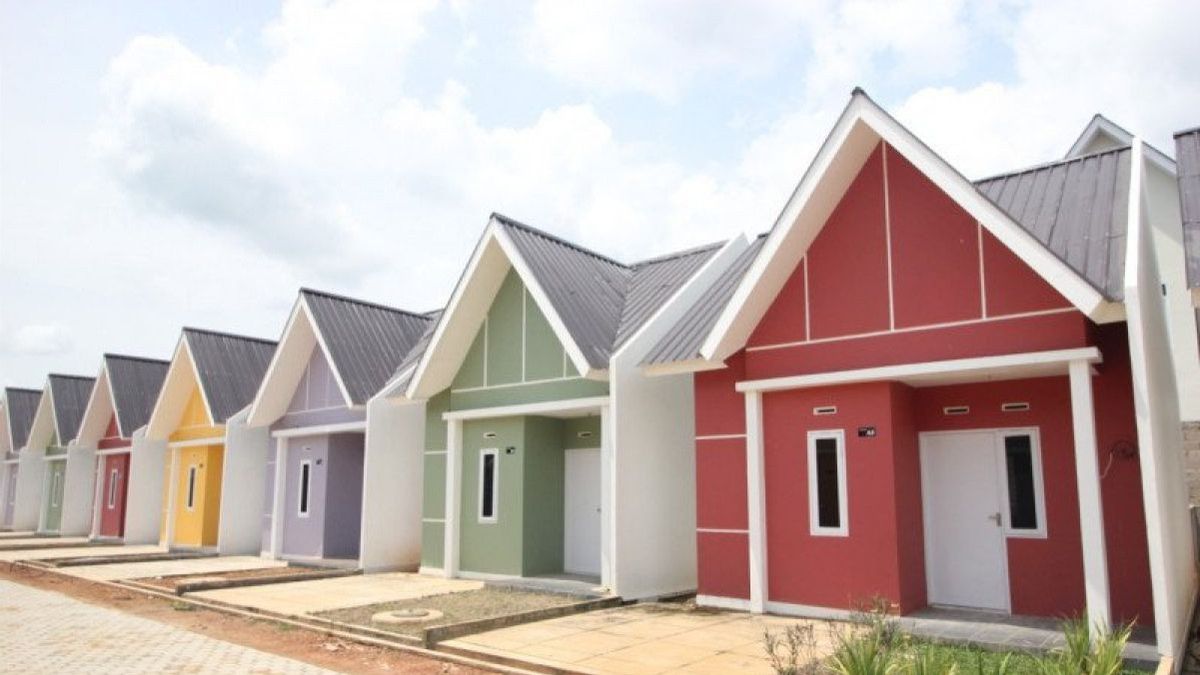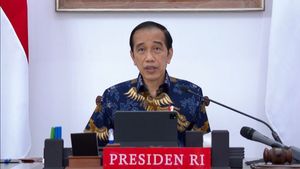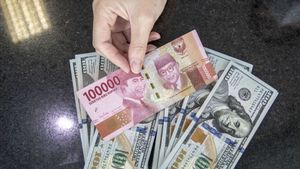JAKARTA - The increase in the benchmark interest rate of Bank Indonesia (BI) at 6 percent has not yet affected the trend of property demand in Indonesia.
This is research from a real estate technology company, 99 Group Indonesia.
"Currently, the increase in benchmark interest rates from Bank Indonesia has not affected the trend recorded on our platforms at Rumah123.com and 99.co Indonesia," said Senior Vice President Marketing 99 Group Indonesia Bharat Buxani quoting Antara.
But in the future, Bharat warned that the impact of BI interest rates on property needs to be a common concern. The reason is, most property purchases by the public tend to use the way to pay Home Ownership Loans (KPR) or Apartment Ownership Loans (KPA).
The increase in interest rates is allegedly bringing a number of impacts that need to be handled together. If banks in Indonesia increase mortgage interest rates, it will affect demand because the cost of buying and paying property installments tends to be higher. For developers, the increase in loan interest rates from banks will increase development costs and affect house prices.
Bharat explained, based on historical data on the movement of benchmark interest rates and growth of KPR/KPA, it shows that there is a correlation between each other. There is a tendency to spike in growth in the provision of KPR/KPA on an annual basis year-on-year (yoy) when the benchmark interest rate drops.
In 2012, when the benchmark interest rate fell from 6.75 percent in September 2011 to 5.75 percent in 2012, KPA/KPR growth on an annual basis jumped with the highest achievement in June (42.1 percent) and July (44.1 percent).
Until 2015, loan growth continued to be below the 2011-2012 level, in the range of 7.2 - 12.9 percent. After that, loan growth tends to be at the level of one digit, compared to 2010-2014 which was at the double digit level.
When the government again lowered the benchmark interest rate in 2017 to +4 percent, slowly the loan growth increased again at the double digit level.
Furthermore, Bharat explained that entering the period 2021-2022 when economic conditions gradually recovered from the COVID-19 pandemic, interest rates were at +3 percent since November 2020 and continued to be held until August 2022, loan growth returned to double digits in July 2022 to August 2023, in the range of 11.6 - 20.8 percent.
However, since August 2022, BI has been recorded to continue to raise the benchmark interest rate due to soaring inflation and lower rupiah exchange rates against the US dollar.
"Currently, the trend of loan growth is still well recorded. However, if you reflect on the historical trend between the benchmark interest rate and loan growth, there is a gap of about 6-12 months after the benchmark interest rate soars, the growth of KPA/KPR loans tends to slow down, so of course this needs to be anticipated in the coming months," said Bharat.
In October 2023, the growth in residential demand increased by 77.9 percent compared to the previous year.
SEE ALSO:
At a time when interest rates experienced a recent increase, BI and the government also presented a number of policies and incentives in maintaining property markets, such as extending LTV/FTV ratio relaxation policies for loans or property financing to a maximum of 100 percent.
Recently, the government introduced VAT/DTP incentive policies for every purchase of a house with a maximum price of IDR 5 billion and administrative cost dependent incentives for buying a house of up to IDR 4 million to low-income people (MBR). This is projected to have a positive impact in the Indonesian property industry.
"If this incentive is supported by strategic steps related stakeholders, such as developers, banks, and property marketplaces in presenting programs that make it easier for the community, coupled with a conducive 2024 electoral climate, we are optimistic that property market stability will continue to thrive," said Bharat.
The English, Chinese, Japanese, Arabic, and French versions are automatically generated by the AI. So there may still be inaccuracies in translating, please always see Indonesian as our main language. (system supported by DigitalSiber.id)
















